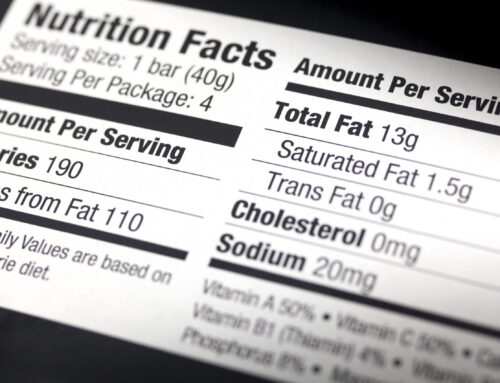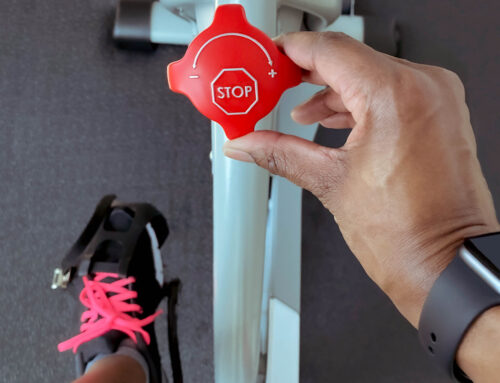It is fair to say that in the way we live today, stress can be found in everything we do, everywhere we go. This is fairly unavoidable but it is important to take note of the things that cause you stress, or make you feel stressed and the things that help to counter that stress because that is inevitably going to be on the ‘to do’ list to help bring back the balance between stress and recovery.
It is fairly well evidenced now that there is a link between aerobic exercise and the way it helps our brain operate. The more we move the greater the blood flow, and an increase in circulation helps oxygen reach the brain and regulate all of our hormones, which stress essentially is whether it is good or bad stress.
It is understood that those individuals who exercised in their youth develop greater cognitive function later on in life simply because they have managed stress effectively with balancing the stressful times such as heavy work loads or demanding jobs and training loads with periods of relaxation. As we know in the fitness industry, everyones journey is different and usually for different reasons. Everyone finds different things relaxing, even if it is a physical stress to our body. JFK famously said ‘Nothing compares to the simple pleasure of riding a bike’ and I 100% agree, there’s very little I dislike about it but that doesn’t mean it’s good for everyone else. I must say at this point that the level of aerobic exercise required to promote good circulation and a healthy flow of blood doesn’t have to be comparable to cycling miles or running for eternity. A simple lunch time walk can be enough to help break away from the short term stress your new working from home lifestyle may be causing, it just allows your mind to operate a little more effectively which in return yields greater productivity and may allow you to enjoy even the most tedious of tasks that little bit more.
Enjoying your journey has to be one of the points you add a lot of weight to. Making the time for yourself to just slip away from the rest of the world for a bit of respite isn’t easy, but it is important and again we all do this in different ways. The reason behind why we’re doing something has to be understood, for instance on a Monday evening I plan to run for 2 hours to prepare for an endurance event not too far away. This is a perfect example of aerobic exercise, however the reasoning behind it makes it stressful on the mind, and on the body because of the nature of the event I’m in preparation for. If I said I’m going to walk for 2 hours around this hilly area, take my time, take on some views and maybe stop for a coffee, the same 2 hours is serving a totally different purpose, it is effectively circulating blood and regulating my hormones as well as giving me some positive balance to the whole stress/ recovery seesaw.
As I have just highlighted recovery comes in different ways, shapes and forms and absolutely for different reasons. It is for that reason it is possible to be completely fed up and unmotivated to work, or lose motivation from your hobbies but still have the desire to do something you think will give you the respite you need whether it be a short break away, something physically demanding or even just a slightly different environment to take in.
The bulk of everything we enjoy or endure comes down to the way we think and by taking on too many tasks it is easy to start losing your way. I don’t mean tasks in sense of a ‘to do’ list, I just mean the simplest of things you might try to accommodate day to day and usually it’s this approach that leads to the mental burnouts, the poorer decision making and ultimately a bit of a breakdown which seems a far cry away from the level you wish to be operating. We’ve all heard that all work and no play makes Jake a dull boy, and a bit of what you fancy does you good so… Do it.
It can be a catch 22 situation because exercise is such a positive stress for our body whether its stick mobility, your PT sessions or the stuff we do online for BP @ Home, it all goes in the positivity pot. We know life throws that curveball and it can make things difficult to fit in, and that’s fine. Don’t plan to catch up, plan to get back on track and refine your direction. The problem here is that as I mentioned above, if we’re physically not able to do the things we feel we should be able to for whatever reason, the negativity creeps into the thought, and affects the way we feel about the things we do which then creeps in to thoughts when we can and can’t do what we want to do, and eventually in to our thoughts when we are or aren’t doing what we want to be doing.
This can be avoided by taking a few steps. The first one being, be realistic. We know there are training packages out there that boast results that take some beating but if you’re the busy type of person finding the time to commit to a program of this description is going to be really difficult. Secondly, remain flexible. I don’t mean physically flexible though being more flexible does have its benefits. I mean roll with the punches, for every action there is an equal land opposite reaction, if something affects you negatively, do something positive to counter that and don’t be afraid to make changes to your schedule or routine. Your health is for you.
Thirdly, be responsive and not reactive. Reactions are generally knee jerk, unplanned and uncoordinated comebacks to something sabotaging your effort. Take a step back and plan your response, and move forward with the new plan until you’re in a better position to resume as normal.
Ultimately, as I opened with, everything in life is stressful. It is down to your body to decide whether something affects you in a positive or negative way, and the links between how we behave mentally and physically, and the way we think are closely linked but by being realistic, flexible and responsive you’ve got the tools to reduce your stress levels in any situation.







 >
>

Leave a Reply